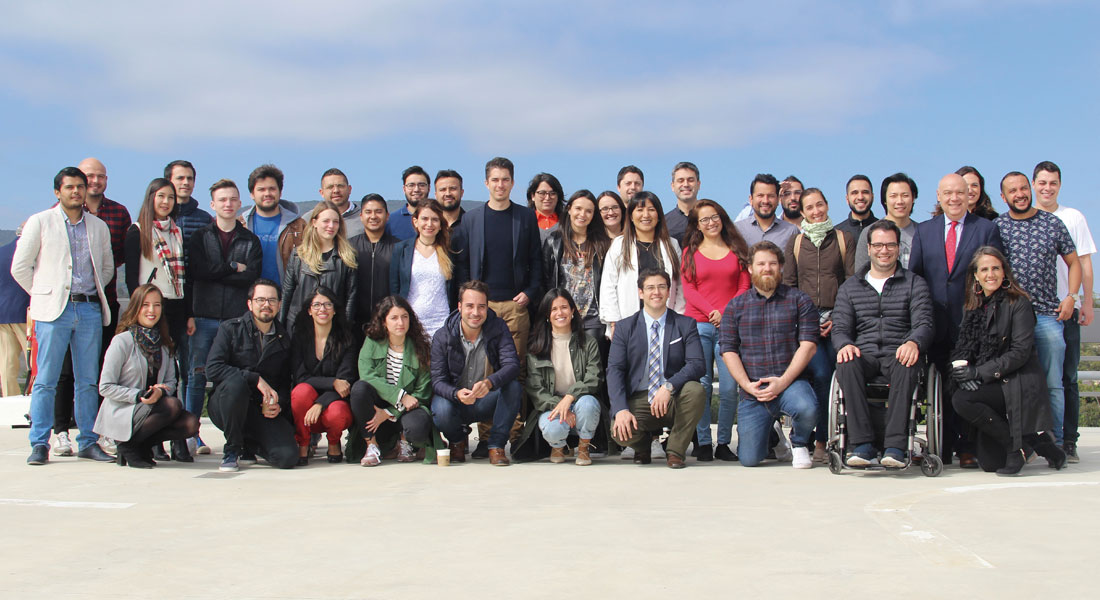


In the digital age, social media has emerged as a double-edged sword in the realm of fitness advice. On one hand, it is a conduit for science-based knowledge, connecting individuals with credible information on exercise, nutrition, and overall well-being. On the other hand, we can also find an overflow of fictitious information, fueled by sensationalism and trends. Let’s explore the inherent contradictions within the world of science-based fitness advice and the fictitious information within social media, as well as its impact on public perception, individual health, and the need for discernment in an era inundated with conflicting narratives.
Social media platforms offer a wealth of information grounded in scientific principles, providing a space for fitness professionals, scientists, and healthcare experts to share evidence-based knowledge of exercise physiology, nutrition science, and psychology. All of which contribute to a better understanding of fitness, enabling people to make informed decisions about their health. However, the challenge lies in distinguishing credible sources from the sea of misinformation that coexists just one click away.
The contradiction between science-based advice and fictitious information on social media is exacerbated by the allure of quick fixes, trendy diets, and unproven workout routines. Influencers, driven by the desire for engagement and popularity, often promote products or methods that lack scientific validity. The result is a landscape where anecdotal success stories and flashy trends overshadow the measured, evidence-based approach required for sustainable and consistent health.
This can further contribute to a distorted perception of what constitutes as effective and safe practices. Unrealistic expectations fueled by fictitious claims can lead to paths of extreme diets, potentially harmful supplements, or unsustainable exercise regimens. Which not only jeopardize physical health but also undermine the credibility of science-based fitness advice, causing confusion and skepticism among those seeking reliable information.
To navigate the dissension in fitness advice on social media, we must exercise discernment. Critical evaluation of the qualifications, scientific rigor, and consistency of information is crucial in separating evidence-based practices from pseudoscience. While social media can be a valuable tool; users must be proactive in seeking out information from reputable sources, such as certified fitness professionals, registered dietitians, and scientific institutions.
The discrepancy between science-based advice and fictitious information in the media reflects the complex interplay between education, entertainment, and commercial interests. In this dynamic landscape, we bear the responsibility of cultivating shrewdness to sift through multiple conflicting narratives. By prioritizing evidence-based practices, questioning sensationalized claims, and seeking guidance from credible sources, people can navigate the abyss of fitness information on social media and foster a healthier, more informed approach to their well-being. As the digital age continues to evolve, the pursuit of true science-based fitness advice demands a critical eye and a commitment to the principles of evidence-based health practices.









